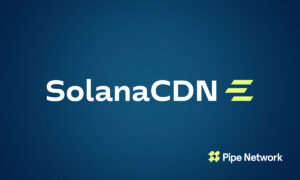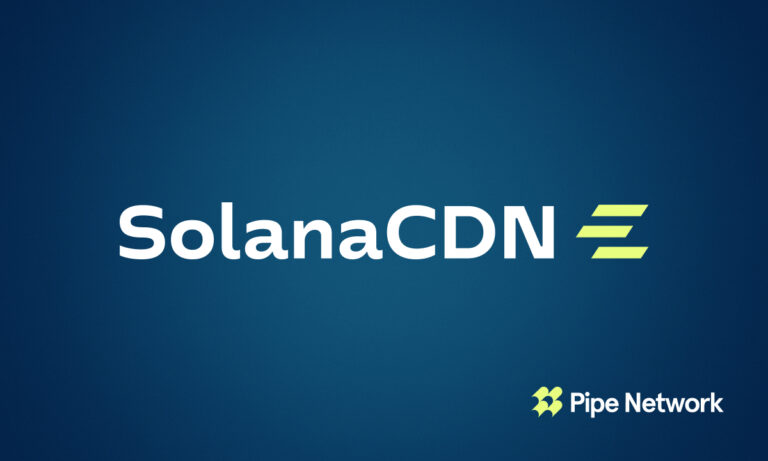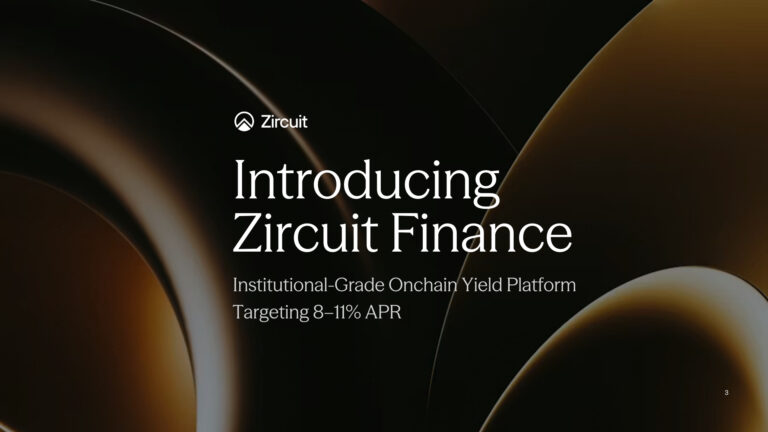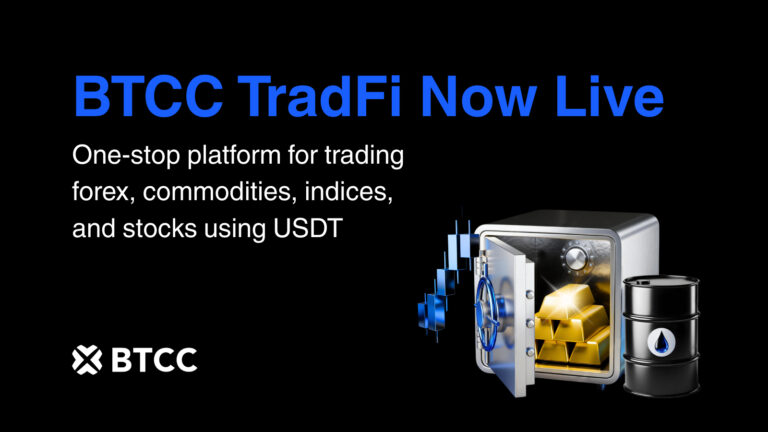Country Information
Extra Information
Website
Extra Links
Social Media & News
Ranking
Blockchain Overview
Category:
| Name | Category |
|---|
Frequently Asked Questions
Description
Disclaimer: The regulatory information provided below is for general informational purposes only and may not reflect the most current legal developments. Cryptocurrency regulations are rapidly evolving and are subject to frequent changes. This information should not be considered legal or tax advice. Before making any business or investment decisions, please consult with qualified legal, tax, or financial professionals familiar with your specific jurisdiction and circumstances. Always verify current regulations with official government sources and regulatory bodies.
Legal Classification & Regulatory Framework
Cryptocurrency Status
Armenia has taken significant steps toward establishing a clear and progressive regulatory framework for cryptocurrencies and blockchain technology. The country recognizes cryptocurrencies as a legitimate form of digital asset, though they are not classified as legal tender. The Armenian Dram (AMD) remains the sole official currency for legal tender purposes within the country.
The Armenian government has adopted legislation that specifically addresses virtual assets and their service providers, marking Armenia as one of the more forward-thinking jurisdictions in the region. Cryptocurrencies are legally classified as “virtual assets” under Armenian law, defined broadly to encompass various forms of digital representations of value that can be digitally traded or transferred and used for payment or investment purposes.
This legal recognition means that cryptocurrency activities are neither prohibited nor restricted in Armenia, but rather operate within a defined regulatory perimeter. The classification as virtual assets rather than securities, commodities, or currency creates a distinct regulatory category that allows for specialized oversight tailored to the unique characteristics of digital assets. This approach reflects Armenia’s strategic decision to attract cryptocurrency and blockchain businesses while maintaining appropriate safeguards.
The legal framework distinguishes between different types of cryptocurrency activities, recognizing that exchanges, wallet providers, and other service categories present different risk profiles and require tailored regulatory approaches. Armenia’s legislation also addresses initial coin offerings and token generation events, providing clarity for companies seeking to raise capital through digital asset mechanisms.
Tax Treatment
Armenia has established a relatively clear tax framework for cryptocurrency transactions, though the specifics continue to evolve as the market matures. The tax treatment of cryptocurrencies depends on whether the activities are conducted by individuals or businesses, as well as the nature of the transactions involved.
For individual taxpayers, capital gains from cryptocurrency trading and investment are generally subject to income tax. Profits realized from the sale or exchange of cryptocurrencies must be reported and are taxed in accordance with Armenia’s income tax rates. The calculation of taxable gains involves determining the difference between the acquisition cost and the disposal value, with appropriate consideration for transaction fees and other legitimate expenses.
Cryptocurrency mining by individuals may be treated differently depending on whether it constitutes a business activity or occasional income. Systematic mining operations conducted as a business enterprise would be subject to business income taxation, while occasional or hobby mining might fall under different tax provisions. Mining equipment and associated operational costs, including electricity, may be deductible for business operations.
Legal entities operating in the cryptocurrency sector are subject to corporate profit tax on their business income. Companies providing cryptocurrency exchange services, wallet solutions, or other virtual asset services must maintain proper accounting records and report their income in accordance with Armenian accounting standards. Value Added Tax (VAT) considerations apply to certain cryptocurrency-related services; however, the provision of cryptocurrencies themselves is typically not subject to VAT.
Importantly, Armenia offers competitive tax rates that have made it attractive for technology companies, including those in the blockchain and cryptocurrency sectors. The government has demonstrated willingness to consider tax incentives for technology businesses that contribute to economic development and job creation.
Taxpayers engaged in cryptocurrency activities must maintain adequate documentation of all transactions, including dates, amounts, counterparties, and the purpose of transactions. This documentation is essential for tax compliance and may be requested by tax authorities during audits or reviews.
Regulatory Oversight
The Central Bank of Armenia (CBA) serves as the primary regulatory authority for cryptocurrency and virtual asset activities in the country. The CBA has been granted comprehensive powers to license, supervise, and enforce compliance among virtual asset service providers operating within Armenian jurisdiction.
Under Armenian law, entities providing virtual asset services must obtain authorization from the CBA before commencing operations. This licensing requirement applies to cryptocurrency exchanges, wallet providers, custodians, and other businesses facilitating the exchange, transfer, or safekeeping of virtual assets. The licensing process involves demonstrating adequate capital, proper governance structures, qualified management, robust operational systems, and comprehensive compliance programs.
Licensed virtual asset service providers must comply with ongoing regulatory requirements, including regular reporting to the CBA, maintaining minimum capital levels, implementing strong cybersecurity measures, segregating customer assets, and adhering to business conduct standards designed to protect customers and maintain market integrity.
Anti-money laundering and counter-terrorism financing obligations form a critical component of Armenia’s cryptocurrency regulatory framework. Virtual asset service providers must implement comprehensive AML/CFT programs that are aligned with the international standards established by the Financial Action Task Force (FATF). These programs must include customer due diligence procedures, transaction monitoring systems, suspicious activity reporting mechanisms, and record-keeping practices.
The Financial Monitoring Center of Armenia works alongside the CBA to ensure compliance with AML/CFT requirements across the financial sector, including cryptocurrency businesses. Service providers must register with this agency and submit regular reports on their activities, as well as any suspicious transactions they detect.
The regulatory framework also addresses consumer protection concerns, requiring licensed operators to provide clear disclosures about risks, maintain transparent fee structures, implement complaint handling procedures, and ensure appropriate security measures to protect customer funds and data.
Business Environment
Banking Relationships
The banking environment for cryptocurrency businesses in Armenia has evolved considerably as the regulatory framework has matured. Unlike many jurisdictions where cryptocurrency companies face significant challenges accessing banking services, Armenia’s regulated approach has facilitated more positive banking relationships.
Licensed and regulated virtual asset service providers in Armenia generally have access to banking services from local financial institutions. The clear regulatory framework established by the CBA has provided banks with greater confidence in serving cryptocurrency businesses, as licensed entities must meet specific standards and operate under ongoing supervision.
However, banks still conduct enhanced due diligence on cryptocurrency-related accounts, implementing risk-based approaches that may involve additional documentation requirements, transaction monitoring, and periodic reviews. The level of scrutiny often depends on the specific nature of the cryptocurrency business, its customer base, transaction volumes, and geographic reach.
Some Armenian banks have gone beyond merely providing accounts to cryptocurrency businesses, exploring ways to integrate blockchain technology into their own operations or developing cryptocurrency-related services for their customers. This reflects growing recognition of digital assets as a legitimate segment of the financial services landscape.
For unlicensed cryptocurrency activities or businesses operating without proper regulatory authorization, banking access remains significantly more challenging. Armenian banks are prohibited from knowingly facilitating unauthorized virtual asset services, creating a strong incentive for cryptocurrency businesses to obtain proper licensing.
Licensing Requirements
Armenia’s licensing regime for virtual asset service providers represents one of the more comprehensive frameworks in the region. The Central Bank of Armenia administers the licensing process and has established clear criteria that applicants must satisfy.
Companies seeking to provide virtual asset services must submit detailed applications demonstrating their business model, operational plans, financial projections, and compliance infrastructure. Key requirements include minimum capital thresholds that vary depending on the type and scope of services to be provided, ensuring that licensed entities have adequate financial resources to operate sustainably and meet obligations to customers.
Governance and management requirements mandate that applicants have qualified directors and senior managers with appropriate expertise and clean regulatory records. The CBA conducts fit-and-proper assessments of key personnel, evaluating their professional qualifications, industry experience, and personal integrity.
Technical and operational requirements address cybersecurity, business continuity, custody arrangements for customer assets, and internal control systems. Applicants must demonstrate they have implemented appropriate measures to protect customer funds, prevent unauthorized access, ensure system availability, and maintain accurate records.
Compliance infrastructure requirements include appointment of a qualified compliance officer, implementation of AML/CFT procedures, establishment of customer complaint mechanisms, and development of policies for identifying and managing conflicts of interest. Licensed entities must also maintain professional indemnity insurance or equivalent financial safeguards.
The licensing process involves submission of extensive documentation, payment of application fees, and potentially interviews or presentations to regulatory authorities. Once licensed, entities are subject to ongoing supervisory requirements, including annual reporting, periodic audits, and notification obligations for any material changes to their business or ownership structure.
Innovation Support
Armenia has demonstrated commitment to fostering innovation in blockchain technology and cryptocurrency as part of broader economic development strategies. The government recognizes the potential for these technologies to attract investment, create employment, and position Armenia as a regional technology hub.
Various government initiatives support the technology sector broadly, with benefits extending to blockchain and cryptocurrency companies. These include competitive tax rates for IT companies, support for technology parks and innovation centers, and programs to develop technical talent through educational partnerships and collaborations.
Armenia’s regulatory approach itself represents a form of innovation support, as the establishment of clear legal frameworks provides certainty that enables businesses to operate and invest with confidence. By being among the first countries in the region to implement comprehensive virtual asset regulation, Armenia has positioned itself as an attractive destination for compliant cryptocurrency businesses.
The government has explored blockchain applications in public administration, including initiatives related to identity management, land registries, and government service delivery. These pilot projects demonstrate official interest in the technology, extending beyond private sector applications.
Industry associations and advocacy groups have emerged in Armenia to represent cryptocurrency businesses, facilitate dialogue with regulators, and promote best practices. These organizations work with policymakers to ensure that regulatory development remains informed by industry perspectives and practical operational considerations.
Educational institutions in Armenia have begun incorporating blockchain and cryptocurrency topics into curricula, helping to build the human capital necessary to support a thriving digital asset ecosystem. Some universities offer specialized courses or programs focused on blockchain technology, cryptography, and digital finance.
Market Characteristics
Adoption Patterns
Cryptocurrency adoption in Armenia has grown steadily, driven by factors including the country’s strong technology sector, a relatively young and tech-savvy population, and growing interest in alternative investment opportunities. While adoption rates remain modest compared tothose in some jurisdictions, awareness and usage of cryptocurrencies have increasedsignificantlyy.
Individual adoption of cryptocurrencies in Armenia encompasses both investment and payment use cases. Bitcoin and other major cryptocurrencies are held as investment assets by a growing segment of the population. At the same time, some businesses have begun accepting cryptocurrency payments, particularly in technology-related sectors and services catering to international clients.
The Armenian diaspora, which significantly outnumbers the domestic population, represents an important dimension of cryptocurrency adoption. Digital assets provide efficient mechanisms for remittances and financial connections between Armenia and its diaspora communities worldwide, thereby avoiding some of the costs and delays associated with traditional international money transfer systems.
Institutional adoption remains at earlier stages, though growing numbers of businesses are exploring blockchain applications and cryptocurrency integration. Some companies have begun holding cryptocurrencies as part of treasury management strategies, while others are developing products and services related to digital assets.
Industry Focus
Armenia’s cryptocurrency industry reflects the country’s broader strengths in software development and technology services. The sector encompasses both companies serving the domestic market and those targeting international clients and markets.
Cryptocurrency exchanges represent a significant segment, with several licensed platforms operating to serve Armenian users and, in some cases, broader regional markets. These exchanges provide fiat-to-crypto and crypto-to-crypto trading pairs, typically including the Armenian Dram among supported currencies.
Blockchain development companies leverage Armenia’s strong software engineering talent to build applications, infrastructure, and services for global markets. Armenian developers contribute to international blockchain projects while also creating solutions tailored to regional needs and use cases.
Cryptocurrency mining has attracted interest given Armenia’s relatively low electricity costs in certain areas, though the sector’s development has been more limited compared to pure software services. Some mining operations have established a presence in the country, though regulatory and infrastructure considerations affect the economics of large-scale mining.
Payment processing services that integrate cryptocurrency functionality represent a growing niche, helping merchants accept digital asset payments while managing conversion to traditional currency as needed. These services are particularly targeted at businesses with international customer bases or those operating in the technology sector.
Consulting and professional services related to cryptocurrency and blockchain have emerged, including legal firms developing expertise in digital asset regulations, accounting firms offering crypto taxation services, and advisory companies helping businesses navigate the regulatory landscape and implement blockchain solutions.
Regulatory Evolution
Armenia’s regulatory framework for cryptocurrencies continues to evolve as authorities gain experience supervising the sector and as international best practices develop. The trajectory has been toward greater clarity and comprehensiveness, rather than restriction, reflecting the government’s commitment to supporting the legitimate cryptocurrency industry.
The Central Bank of Armenia regularly reviews and updates its regulatory requirements based on observed market developments, emerging risks, and international standards. This evolutionary approach enables the framework to adapt to new business models, technological innovations, and shifting risk profiles without necessitating comprehensive regulatory overhauls.
International cooperation plays an important role in Armenia’s regulatory development. The country participates in regional and international forums addressing cryptocurrency regulation. I align its standards with globally recognized best practices, particularly those established by the FATF and other standard-setting bodies.
Future regulatory evolution is likely to address emerging areas, including decentralized finance protocols, stablecoins, non-fungible tokens, and potential central bank digital currency initiatives. The government has expressed interest in exploring digital versions of the Armenian Dram, though specific implementation timelines remain uncertain.
The regulatory approach seeks to balance multiple objective,s including fostering innovation and economic development, protecting consumers and investors, maintaining financial system integrity, and preventing illicit activities. This balancing act requires ongoing refinement as the cryptocurrency market matures and new challenges emerge.
Armenia’s position outside the European Union provides regulatory autonomy while still allowing the country to observe and learn from EU developments, including the Markets in Crypto-Assets (MiCA) regulation. Armenian authorities may adopt elements of successful international frameworks while tailoring requirements to local circumstances and priorities.
For Current Information:
Central Bank of Armenia: https://www.cba.am
Financial Monitoring Center of Armenia: https://www.fmc.am
Ministry of Finance of Armenia: https://www.minfin.am
State Revenue Committee of Armenia: https://www.petekamutyun.am
Country Map
Crypto and Blockchain Articles

Which Euro Stablecoins are there?

What Are OP‑Based Chains?
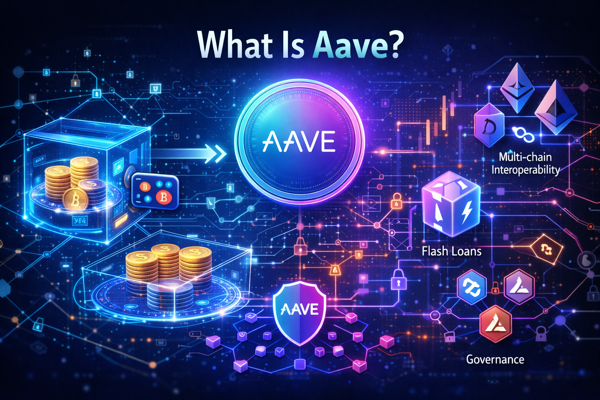
What Is Aave?

What is Aptos?
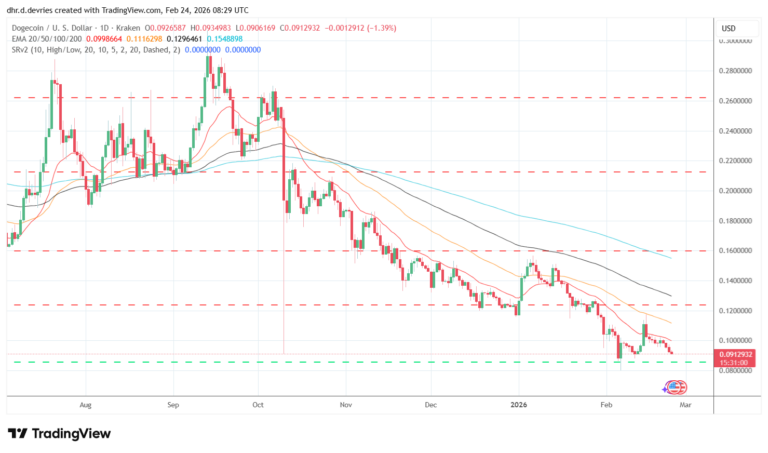
Dogecoin (DOGE) Price Prediction: Weekly Analysis February 24, 2026
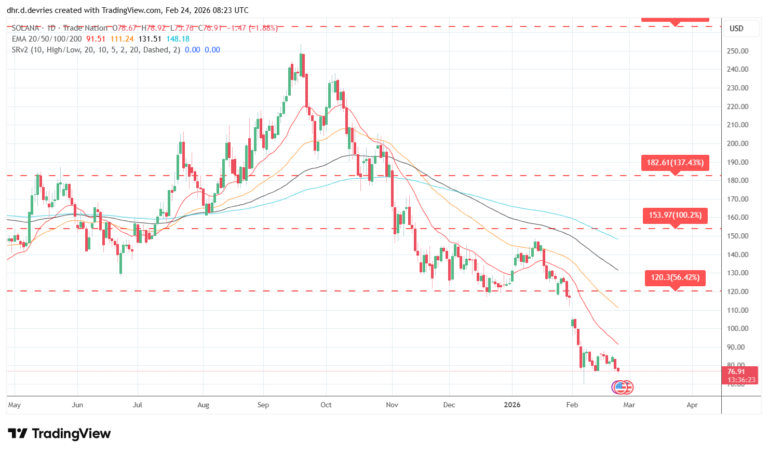
Solana (SOL) Price Prediction: Weekly Analysis February 24, 2026



